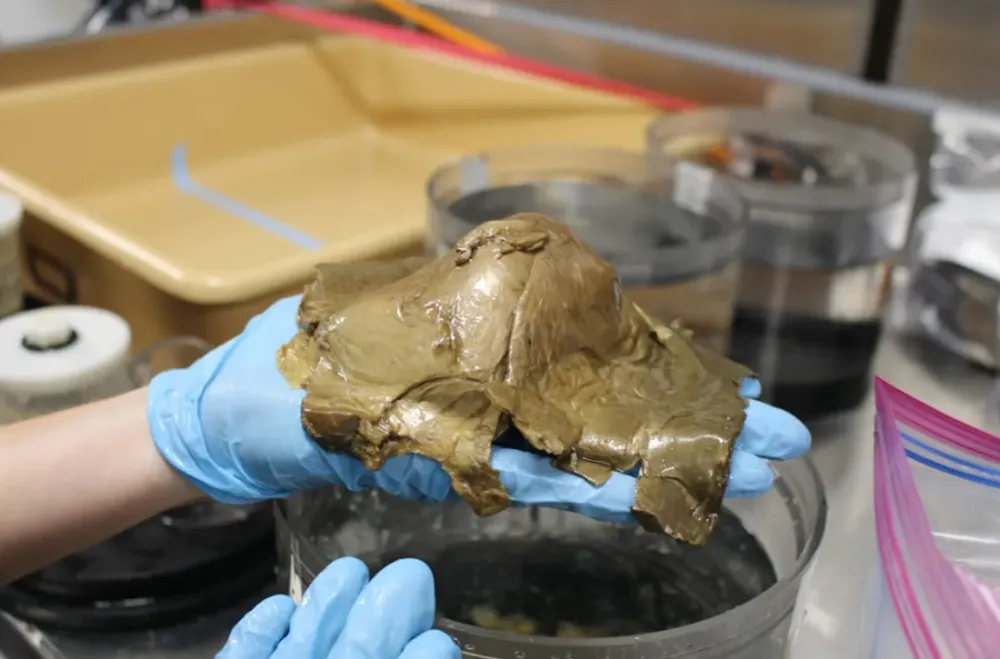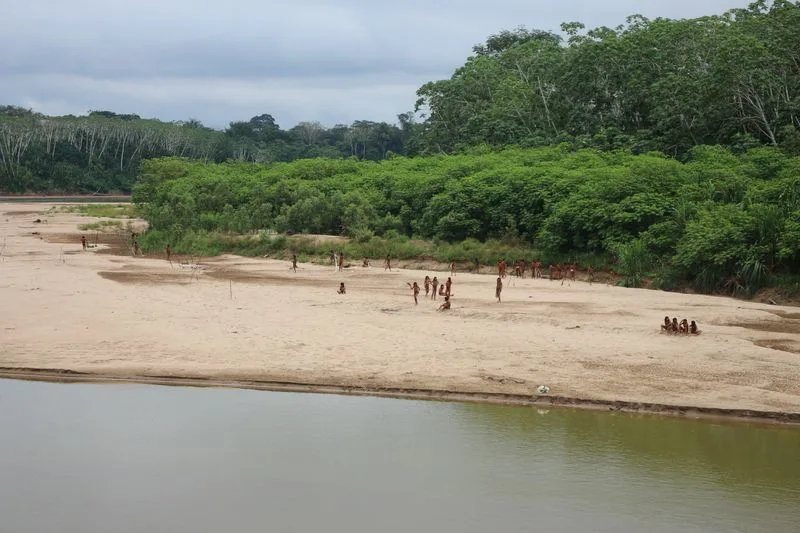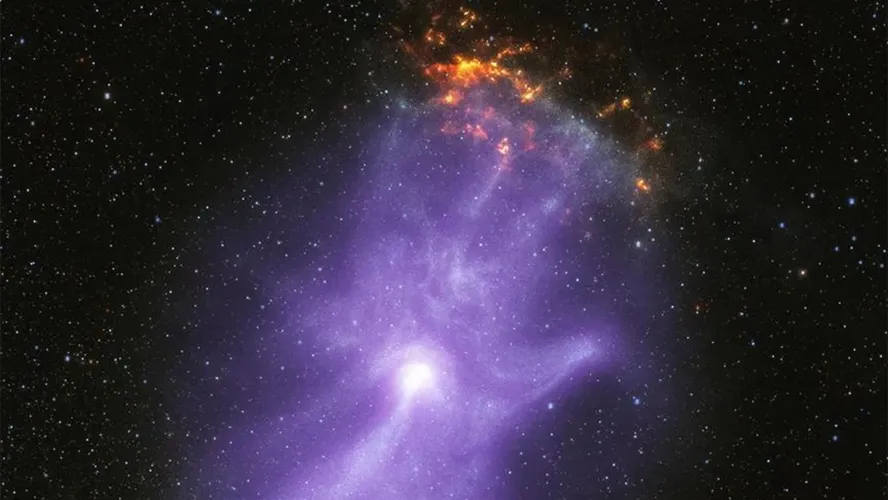Using a remotely piloted underwater vehicle, researchers found a strange golden “egg” on the bottom of the Alaskan sea. The discovery took place on August 30 during an expedition led by a team from the National Oceanic and Atmospheric Administration of the United States (NOAA).
On the expedition, called Seascape Alaska 5, the researchers sailed aboard the NOAA Okeanos Explorer ship and made remote submarine dives to depths of 200 to 6,000 meters, according to NOAA. The expedition began on August 23, 2023 in the waters of the city of Kodiak, Alaska, and will end on September 16, in Seward, another municipality in the same state.
According to the Miami Herald website, the team found the “egg” at a depth of about 3 km. The sphere had a curious hole, which led a researcher to say during the online transmission of the discovery that “something tried to enter or leave” the object.
A remotely operated arm tried to “tickle” the sphere, revealing that it was delicate to the touch, like tissue of skin. Then, the item was sucked into a tube and collected to undergo laboratory testing.
In a Twitter post, NOAA said the “golden orb, likely an eggshell” sparked the imagination of people who followed the dive online. But the researchers have another hypothesis to explain the strange golden object: it could just be the remains of some sponge.

“When our collective knowledge fails to identify it, it is a strange thing,” concluded one member of the expedition, according to the Miami Herald. “What kind of animal would make an eggshell like that?” he asked.
According to NOAA, the goal of expeditions like this one is “to explore deep-sea coral and sponge habitats, fish habitats, chemosynthetic communities, and the water column,” enhancing knowledge of “past and potential geological hazards.” “







